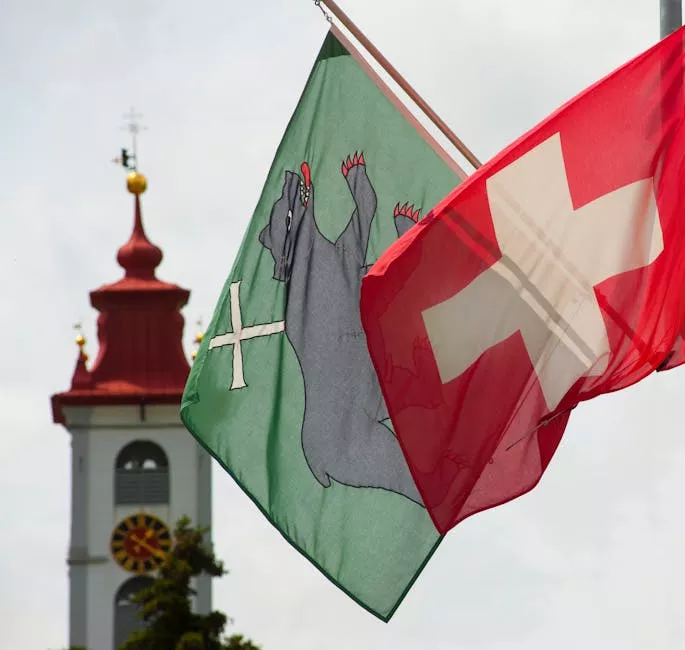NATO Allies Face Escalating Security Threats from Airspace Breaches
Recent drone incursions into Romania and Moldova, coupled with sabotage attacks in Poland, highlight growing security challenges for NATO's eastern flank as EU officials call for enhanced infrastructure protection.

The security landscape across NATO's eastern frontier is experiencing heightened tension as a series of unauthorized airspace violations and infrastructure attacks underscore the vulnerabilities facing alliance members. The latest incidents have prompted urgent calls from European Union leadership for strengthened defensive measures and accelerated military modernization efforts.
Recent Security Incidents Raise Alarm
Early Wednesday morning marked another concerning development when an unidentified drone crossed into Romanian and Moldovan airspace, representing the latest in a troubling pattern of territorial violations. This incident follows closely on the heels of Monday's sabotage attack targeting critical railway infrastructure in Poland, creating a web of security concerns that spans multiple NATO member states.
The timing and geographic spread of these incidents suggest a coordinated effort to test the defensive capabilities and response mechanisms of NATO's eastern members. Romania, positioned strategically on the Black Sea and sharing borders with Ukraine, has become increasingly vulnerable to spillover effects from the ongoing regional conflict.
EU Leadership Responds to Growing Threats
European Union Foreign Policy Chief Kaja Kallas has emerged as a prominent voice addressing these escalating security challenges. In her Wednesday statement, Kallas emphasized the critical need for enhanced protection of the bloc's essential infrastructure systems, ranging from transportation networks to energy facilities and communication systems.
The EU's top diplomat stressed that current defensive measures are insufficient to address the evolving threat landscape, calling for accelerated efforts to bolster Europe's military capabilities. This assessment reflects a broader recognition among European leaders that the continent must adapt quickly to new forms of hybrid warfare and unconventional attacks.
Strategic Implications for NATO's Eastern Flank
The pattern of incidents affecting Romania, Moldova, and Poland reveals the strategic importance of NATO's eastern territories in the current geopolitical climate. These nations serve as crucial buffer zones and logistics corridors, making them prime targets for destabilization efforts.
Moldova's involvement is particularly significant, as the nation is not a NATO member but has been pursuing closer ties with the European Union. The country's inclusion in recent airspace violations suggests an attempt to pressure non-aligned states in the region and complicate their European integration aspirations.
Infrastructure Vulnerability Assessment
The sabotage of Polish railway infrastructure demonstrates the vulnerability of critical transportation networks that support both civilian populations and military logistics. These systems form the backbone of NATO's ability to move personnel and equipment across the alliance's eastern territories, making them high-value targets for hostile actors.
Security experts warn that successful attacks on transportation infrastructure could significantly impact the alliance's rapid response capabilities and civilian economic activity. The interconnected nature of European infrastructure means that disruptions in one country can have cascading effects across borders.
Future Security Preparations
The escalating incidents underscore the urgent need for comprehensive security reforms across NATO's eastern members. This includes enhanced air defense systems, improved surveillance capabilities, and stronger coordination mechanisms between national security services and alliance partners.
As these security challenges continue to evolve, the international community watches closely to see how NATO and EU institutions will adapt their defensive strategies to address this new era of hybrid threats targeting critical infrastructure and territorial integrity.






